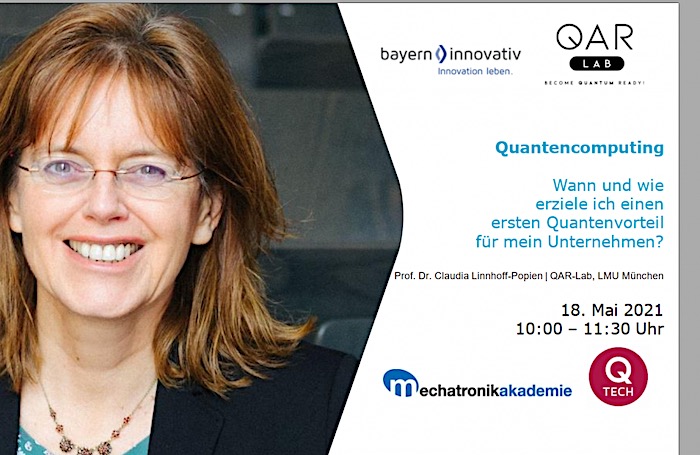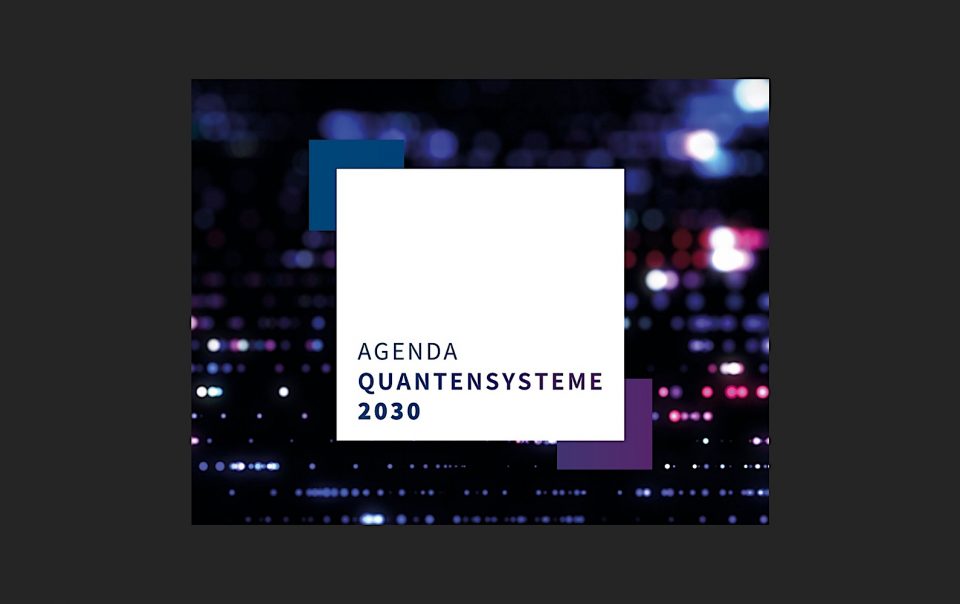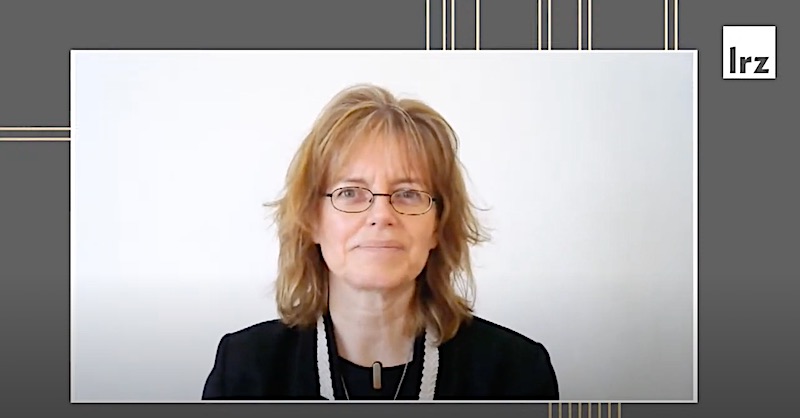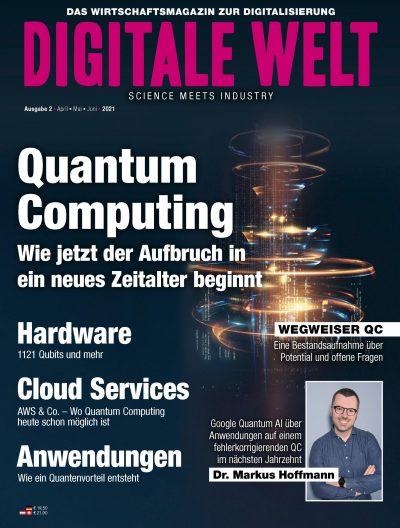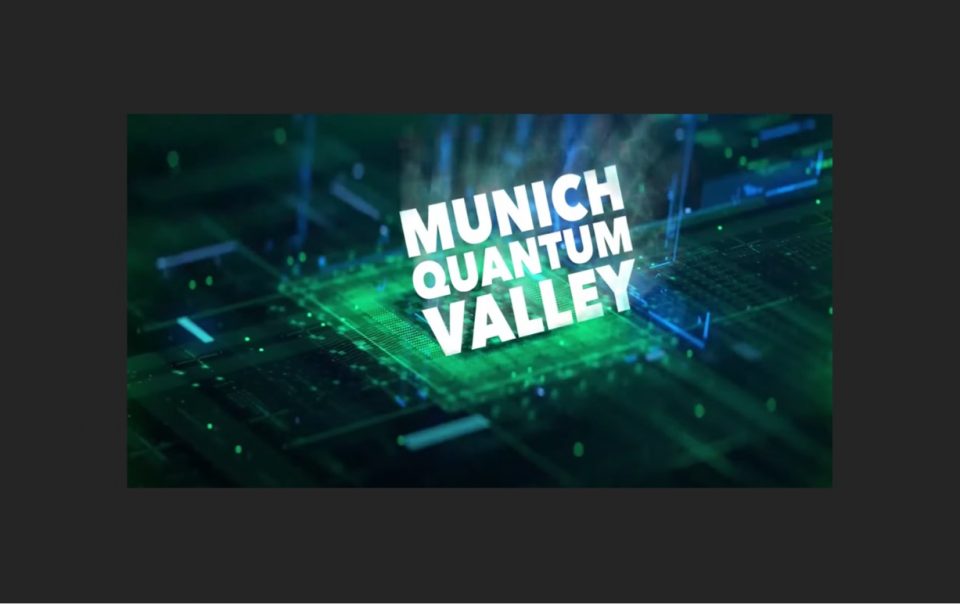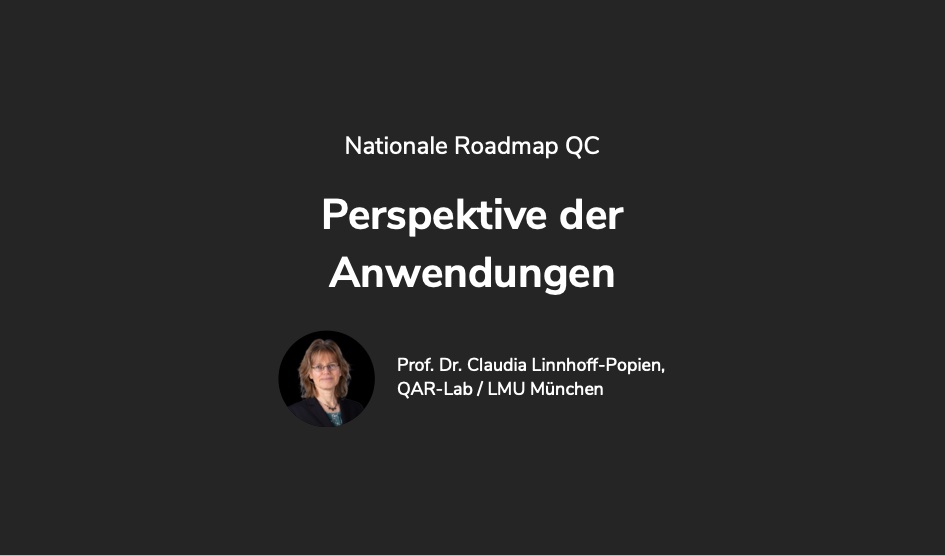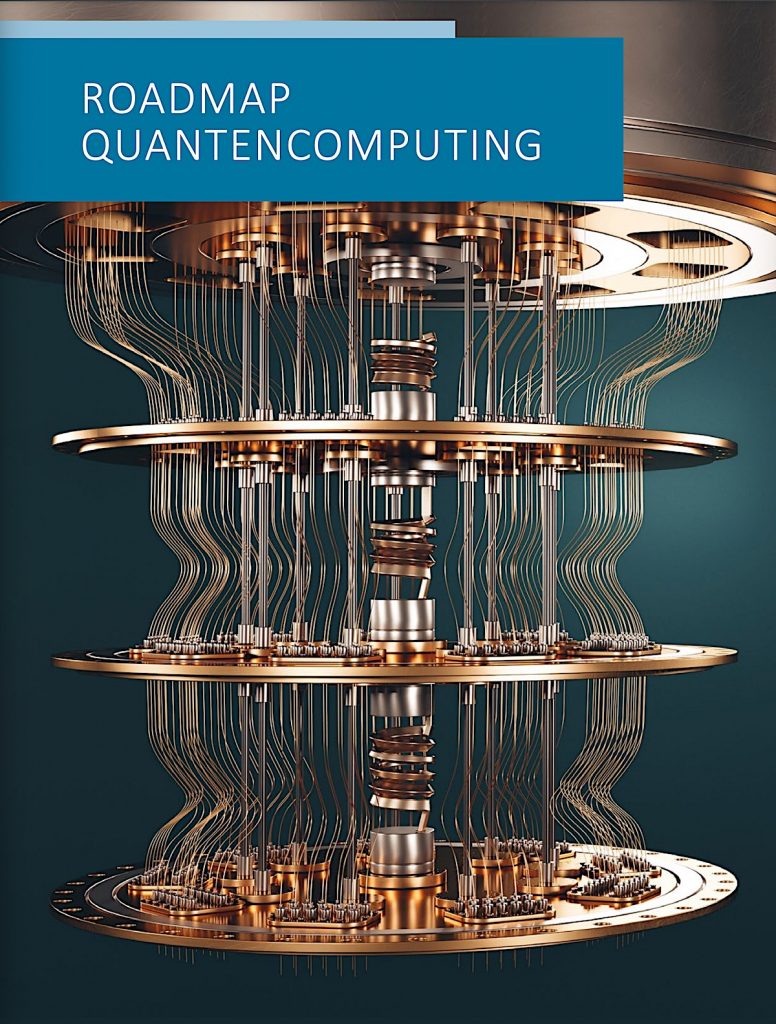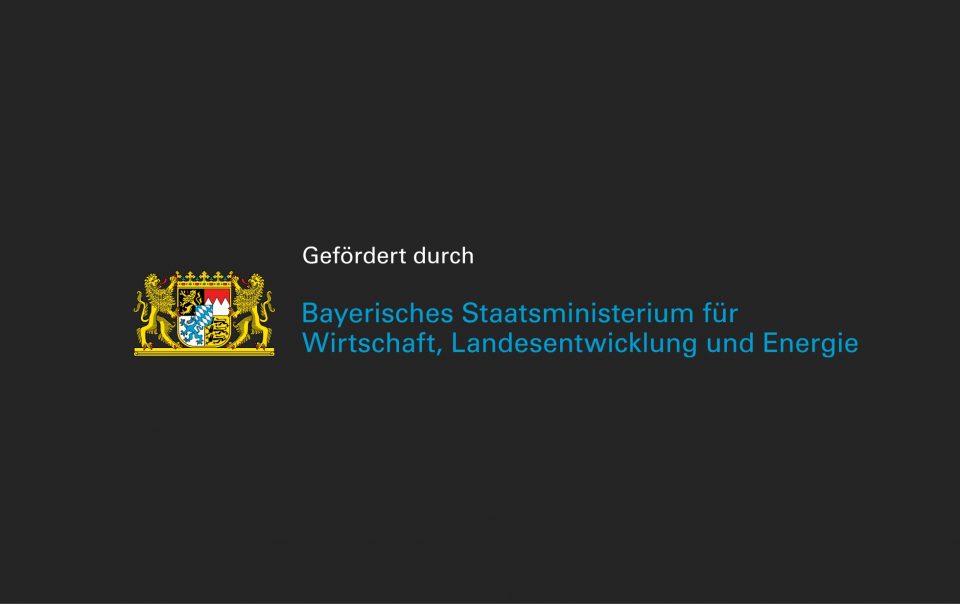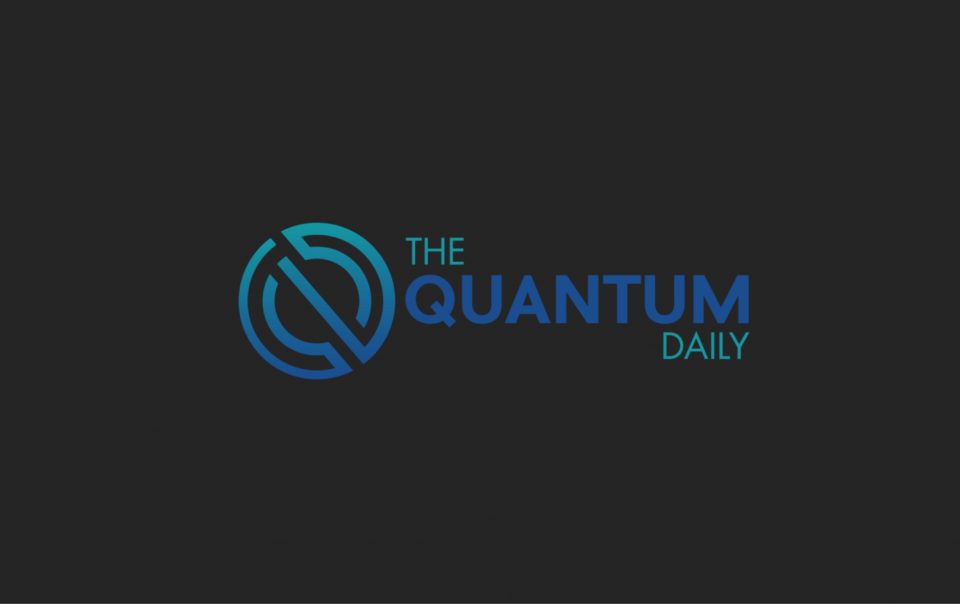"When and how does a company achieve an initial quantum advantage?" - Prof. Linnhoff-Popien gives lecture at the Mechatronics & Automation Cluster
(May 18, 2021) Quantum computers can solve tasks that are completely impossible for conventional computers. They can do so immensely faster and for far greater complexity. When will a company be ready and how do you achieve a quantum advantage in practice? Prof. Dr. Claudia Linnhoff-Popien, head of the QAR Lab at the Institute of Computer Science at LMU, spoke about this to interested parties from business and industry on May 18.
Bayern Innovativ had invited Prof. Linnhoff-Popien to speak at a webinar and follow-up Q&A session at the Mechatronics & Automation Cluster. The subsidiary of the Bavarian Ministry of Economic Affairs pushes the topic of quantum technology with the goal of networking interested parties and participating in the creation of a quantum ecosystem.
The QAR-Lab has been working on quantum computers worldwide for several years on first practical use cases. Prof. Linnhoff-Popien presented some examples in the webinar and gave attendees guidance on how they can leverage such a quantum advantage in their business practice.
First, she explained the gate allocation problem of an airport run on different quantum computers and for which it was predicted in which year quantum computers would be developed to the point where a quantum advantage would arise.
Prof. Linnhoff-Popien then presented use cases for optimization problems from various industries to give a sense of where quantum computers are particularly applicable. These use cases served to suggest how companies can identify use cases for this new technology in their operations.
At the end, she presented to the audience what hardware is available worldwide and at what stage of development, and how companies could best get started with this new computing technology. Several aspects of its use were discussed for this purpose.
In a half-hour discussion session, some of the 70 or so participants asked their questions about the topic.
In October, another webinar on quantum computing is planned in front of industrial users with Prof. Linnhoff-Popien.

